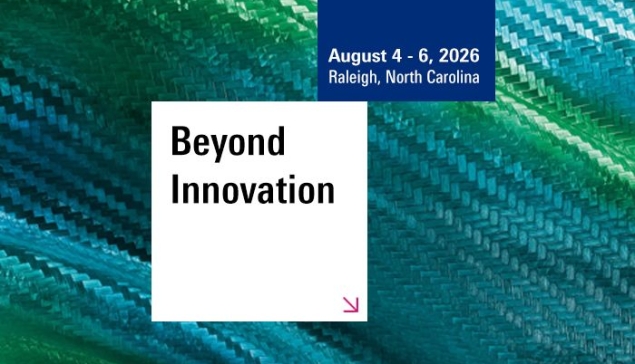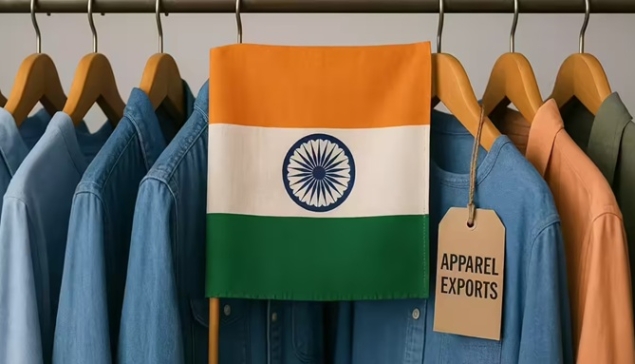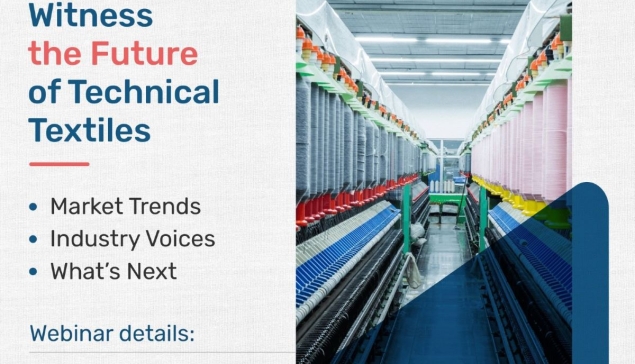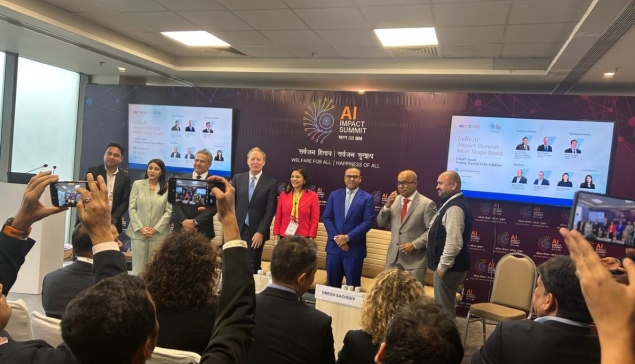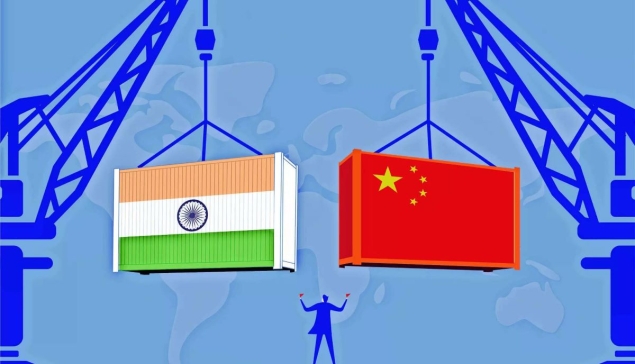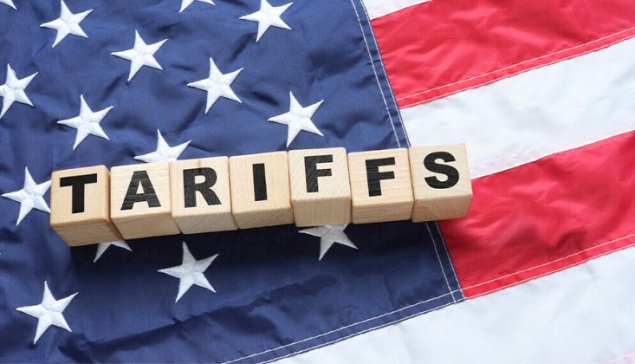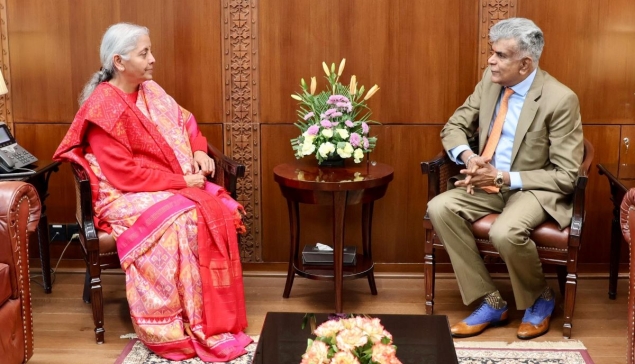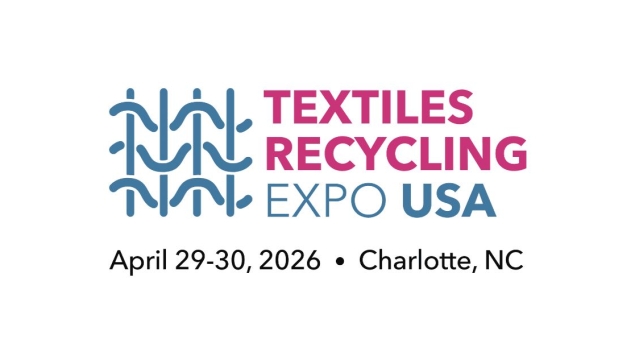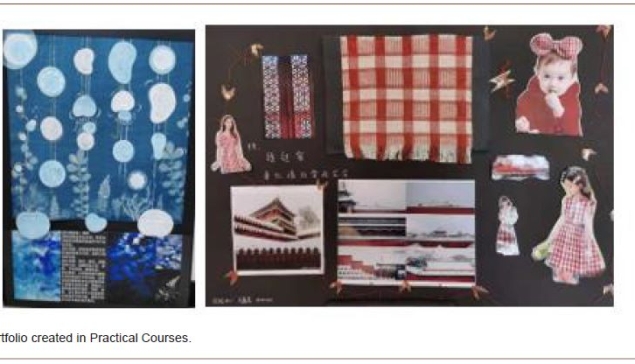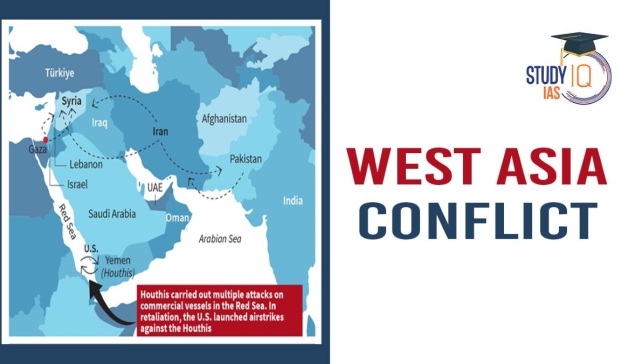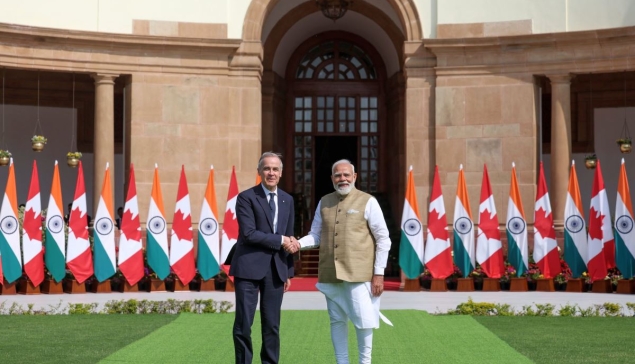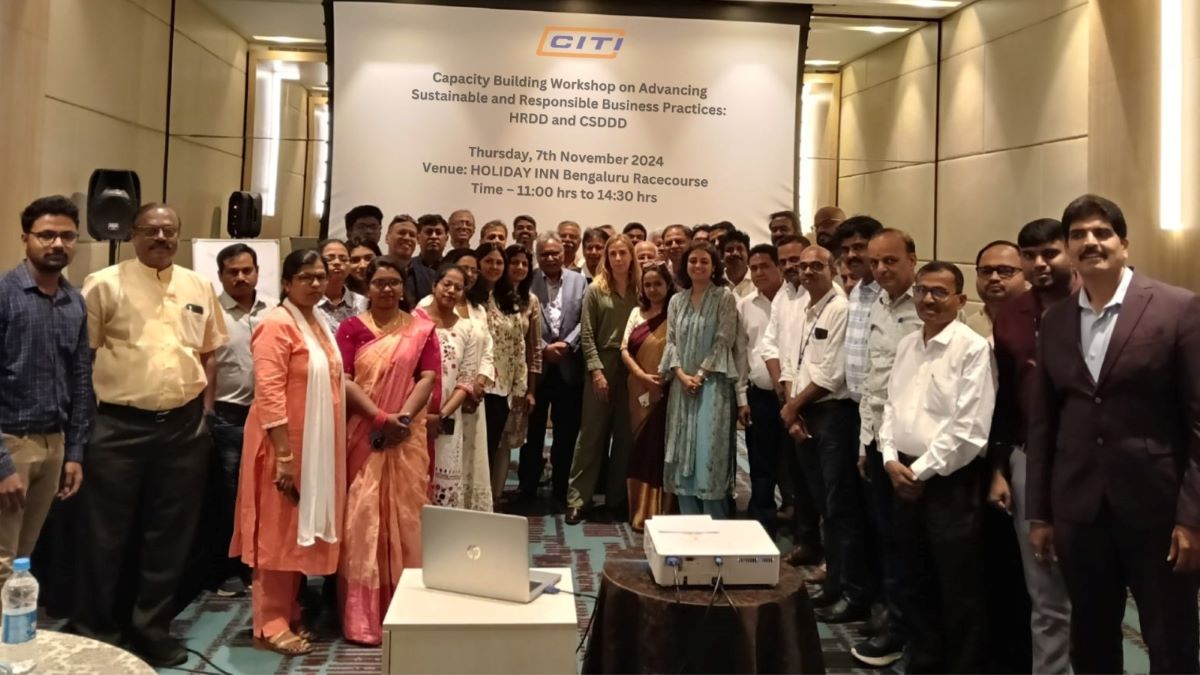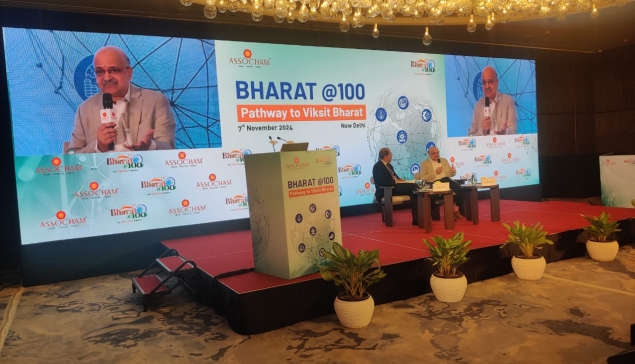The workshop kicked off with an insightful opening by Ms. Chandrima Chatterjee, Secretary General of CITI,
who welcomed industry professionals and underscored the growing significance of aligning with global
standards to stay competitive.
Rakesh Mehra, Chairman of CITI and Banswara Syntex Ltd. stressed the need for businesses to adapt to emerging regulatory frameworks, highlighting the increasing trend toward integrating responsible practices into business operations worldwide.
Join our group
Shri H.S. Devaprasad, Regional Chairman of CMAI-SR, offered his perspectives on the evolving due diligence
landscape, urging Indian suppliers to proactively engage with these changes to secure their place in the
international market. In a session focusing on compliance challenges, Mr. Venkatesh S, Chief of Compliance
Officer at Shahi Exports Pvt. Ltd., shared real-world insights into overcoming hurdles related to HRDD
frameworks, providing actionable solutions for suppliers.
The core discussions of the day revolved around the increasing importance of the EU market for India’s textile and apparel exports. Experts presented a thorough overview of CSDDD and HRDD frameworks, emphasizing transparency, accountability, and integrating human rights and environmental sustainability into business operations.
These regulatory changes pose compliance challenges and present opportunities for manufacturers to enhance their competitiveness by adopting more sustainable practices.
Participants actively engaged in conversations about the complexities of compliance costs and the need for
practical solutions. A key takeaway was the creation of a platform for suppliers to discuss challenges, share
concerns, and gain access to valuable resources that would help them stay ahead of the curve.
In the technical session, Ms. Mousumi Sarangi, Country Manager in India & Coordinator of Supplier Engagement
at Fair Wear Foundation, and Ms. Annabel Meurs, Associate Director at Fair Wear Foundation, provided in-
depth insights into the CSDDD and HRDD frameworks.
They explained how these regulations are poised to become a global standard, with an emphasis on integrating due diligence practices into business strategies. One of the most engaging discussions focused on the future of contracts between brands and suppliers.
Panelists noted that contracts would increasingly incorporate mandatory due diligence clauses, urging suppliers to be
proactive in negotiating these terms to ensure greater transparency in their business dealings.
The participants raised critical questions about the global application of these regulations, and the experts
confirmed that although initially applicable to the EU markets, these regulations are expected to set a global
benchmark.
Suppliers were encouraged to stay informed, master due diligence terminology, and prepare for a
regulatory environment that will shape the future of global commerce. The evolving role of retailers,
particularly large platforms, was also highlighted, with emphasis on their responsibility to ensure compliance
with these new frameworks.
In his closing remarks, Balaji Rajagopalan, Regional Secretary-South Region at the Clothing Manufacturers
Association of India (CMAI), summarized the workshop’s key takeaways. He reiterated the importance of
collaboration between brands, suppliers, and retailers to ensure the successful implementation of these
frameworks, stressing that only by working together can sustainable and responsible business practices be
integrated into the industry.
The workshop, organized by CITI, has successfully raised awareness and equipped Indian textile suppliers with
the tools and knowledge needed to comply with the EU’s evolving regulations, while also emphasizing the
integration of sustainability and human rights into their business operations.
As global standards continue to evolve, India’s textile sector is poised to lead the way in adopting these practices, ensuring a responsible, sustainable, and competitive future.

